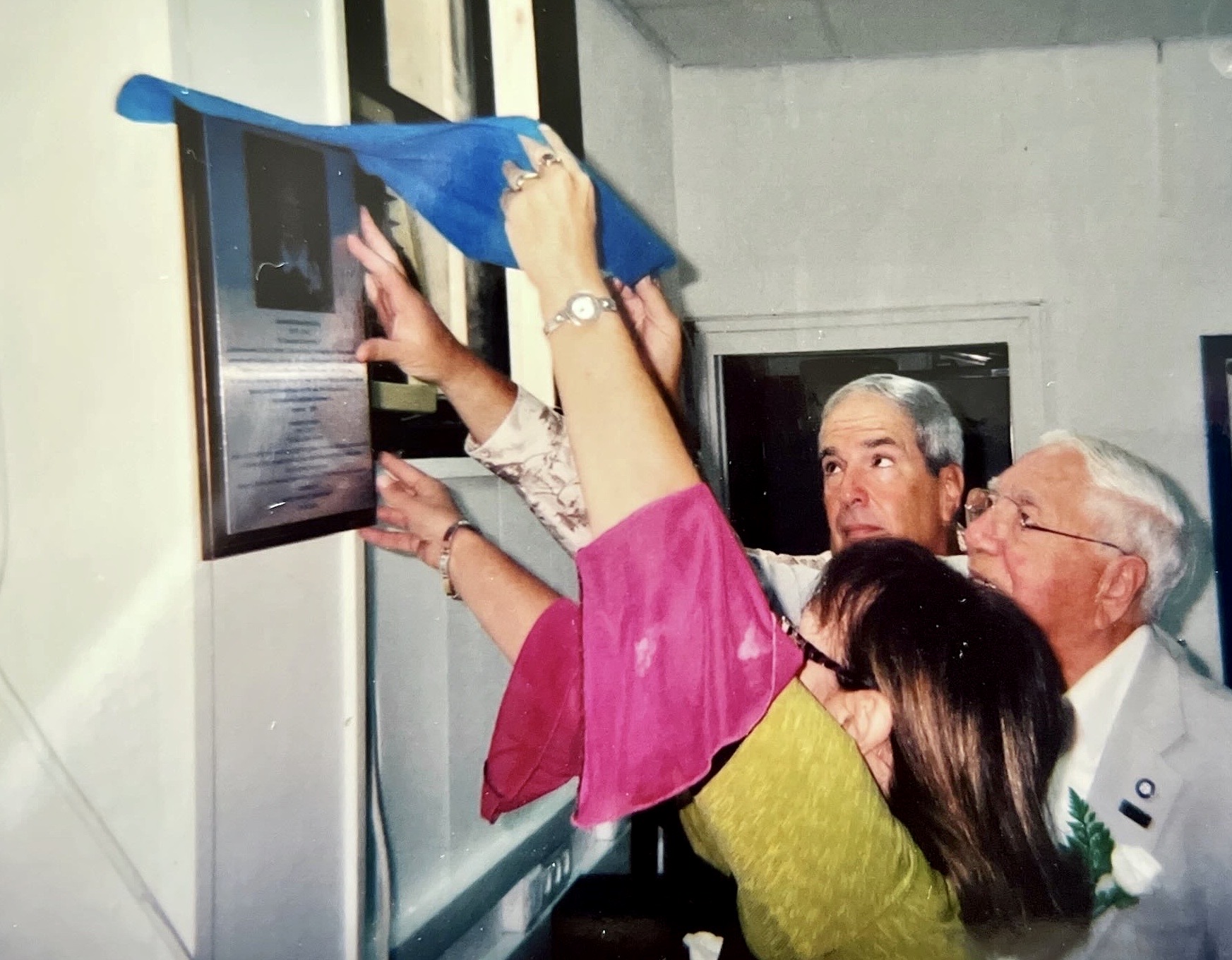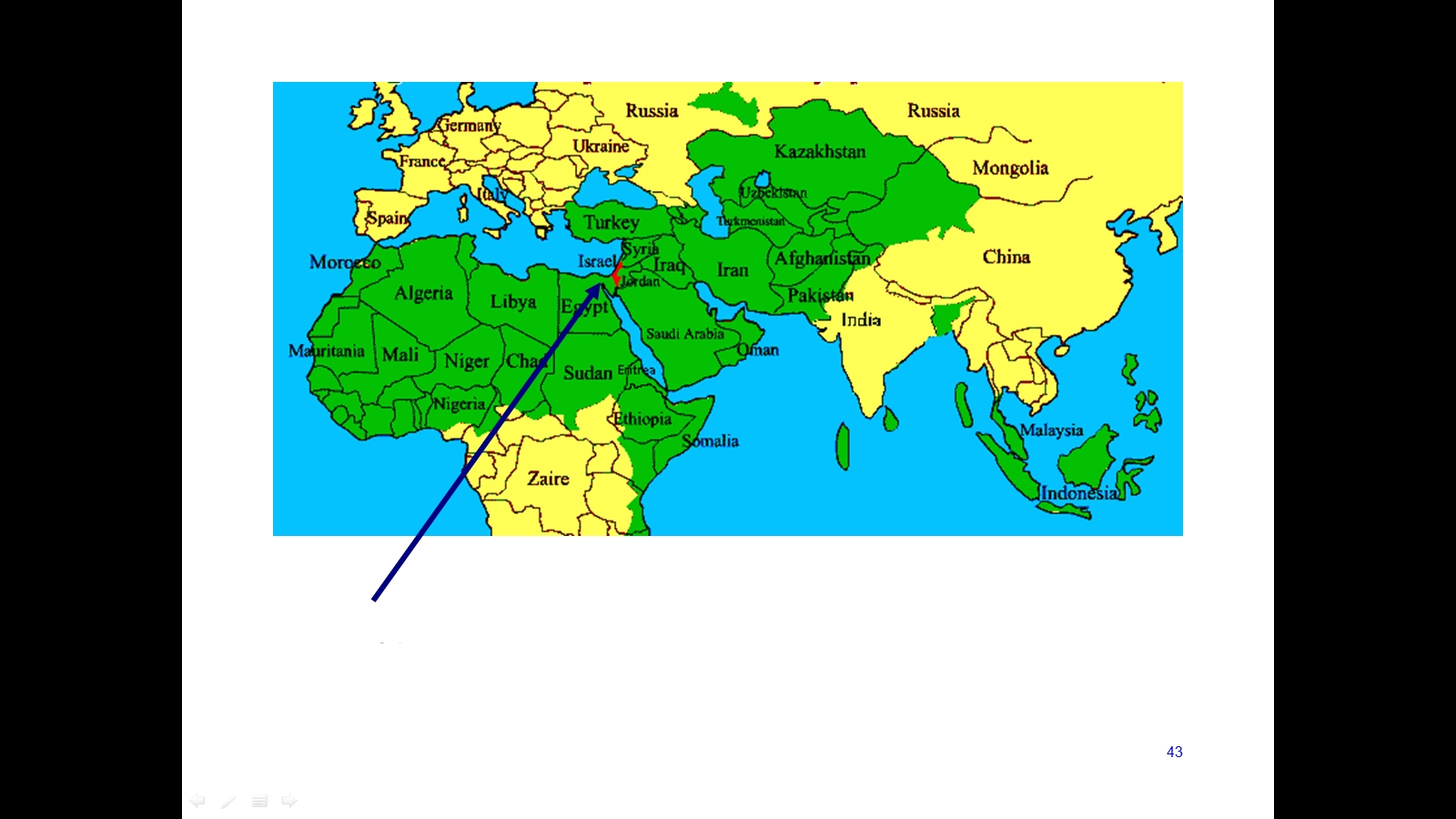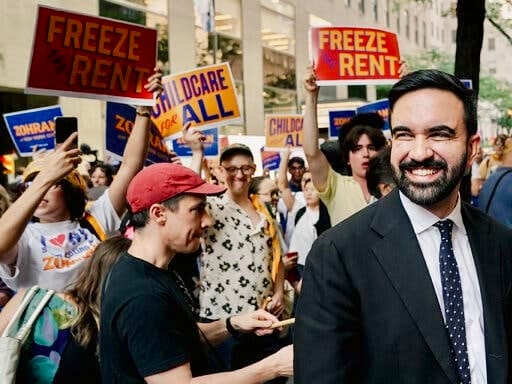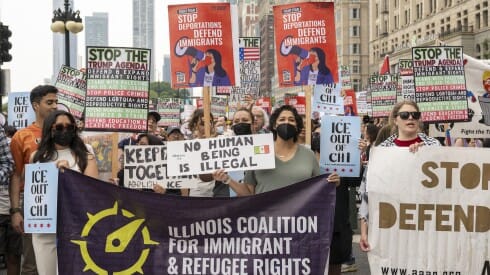How a gift supported Arab-Jew friendship
I hate Hamas and Hezbollah.

I try not to hate all Palestinians, or Arabs and Muslims, which is what “Palestinians” are. In a brilliant stroke of rebranding, terrorist leader Yasir Arafat appropriated “Palestinians” to replace the previously used term of “Arabs.”
Prior to that, both peoples living between the river and the sea — Arabs and Jews — were called “Palestinians.” There were Palestinian Arabs and Palestinian Jews.
I don’t know Arafat’s motives, but I can speculate.
First, he wanted to create a separate national identity for the Palestinian Arabs, as Israel did for Palestinian Jews.
Second, he wanted to create the impression that they were a small minority, rather than an integral part of the then 400 million Arabs in 21 Arab nations in the Middle East. It was kind of genius — presenting the Arabs as a minority in a part of the world where they were dominant — where Israel barely registers among her massive Arab neighbors. (The neighbors are Algeria, Bahrain, Comoros, Djibouti, Egypt, Iraq, Jordan, Kuwait, Lebanon, Libya, Mauritania, Morocco, Oman, Qatar, Saudi Arabia, Somalia, Sudan, Syria, Tunisia, the United Arab Emirates, and Yemen.)

Third, by creating a separate identity, he managed to discourage the embarrassing question of why the other Arab nations don’t open their doors to their disenfranchised Palestinian brothers and sisters.
I want to believe peace is possible between Arabs and Jews.
I have visited Israel three times — in 1977, 1979, and 2008. There was much more hope for peace in 1977 — when Egyptian President Anwar Sadat came to Israel on a mission of peace. Even though this was just four years after Egypt and Syria attacked Israel during the Yom Kippur war, he was warmly greeted in Jerusalem. I was there to cover it.
By 2008, the warmth had cooled, and it is even worse today.
But my 2008 visit was to celebrate brotherhood
Not so much me, but on the part of my parents, Jeanette and Syd.
One year after my mother died, my father settled on an appropriate memorial for her, in keeping with our family’s belief. In her name, the family funded a computer lab at a school in Tel Aviv.
It is called the Max Pine Technical School, one of the first trade schools in pre-state Israel, named after a Russian-born Jewish-American trade union leader and Socialist. But that wasn’t what attracted my parents to the school — it was that it enrolled Arab and Jewish students who studied and socialized side by side.
My beloved parents, and I, believe that when people live and work together, they get to know each other, understand each other, and that usually leads to friendship.
That’s what my parents believe and that’s why in 2008, we were invited to the official opening of the computer lab at Max Pine, and we helped put a plaque on the wall, recognizing that the room was the gift of Jeanette Bykofsky.
We met some staff and students. They were thankful. We were happy.
It wasn’t a big deal for the world, but it was a big deal for us.
And I tell this story to encourage others to take steps, however small, toward understanding and cooperation.



